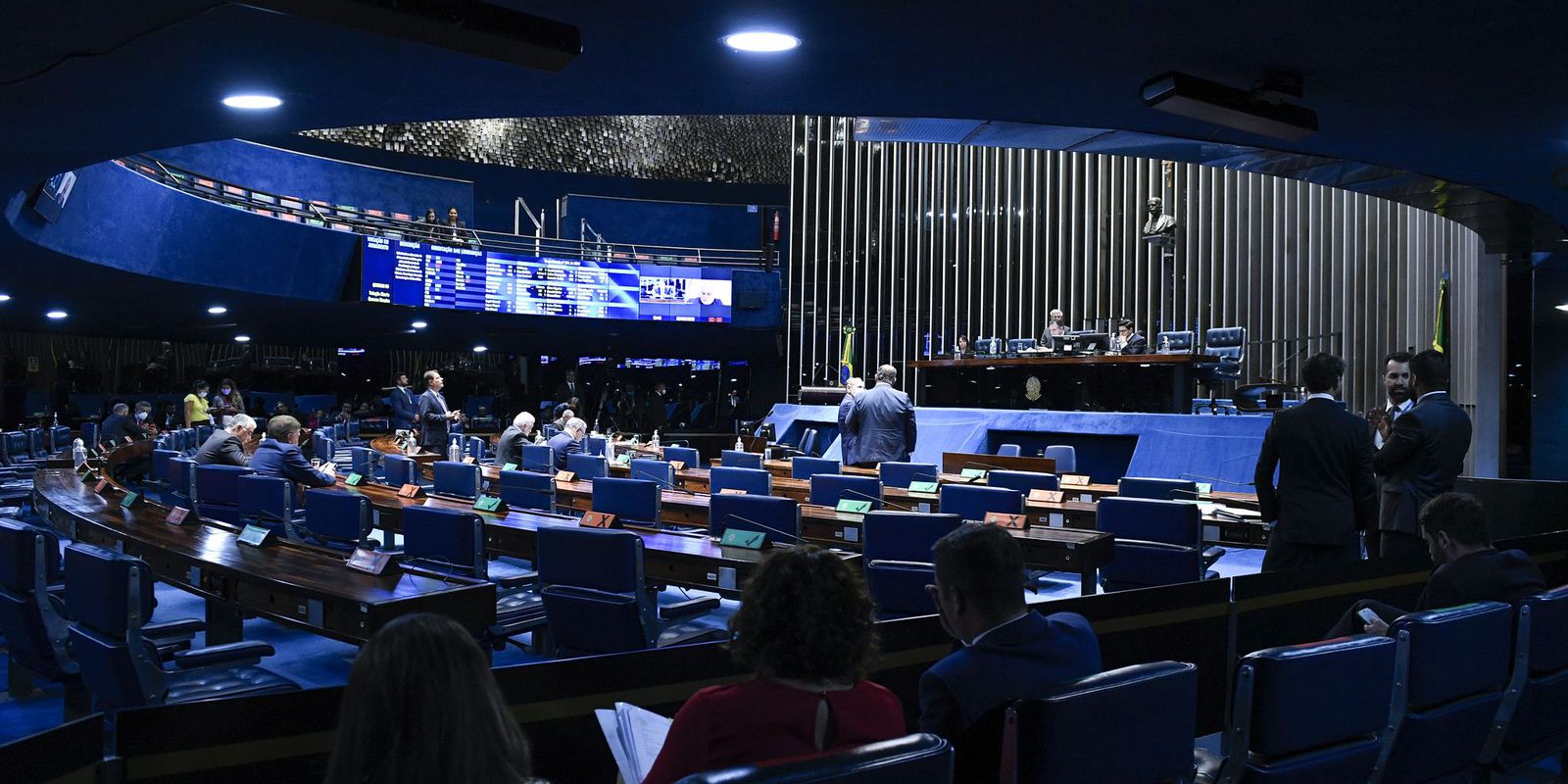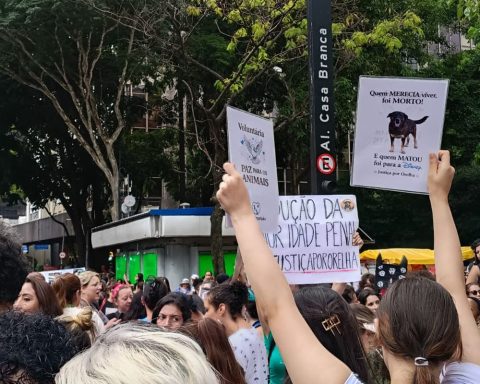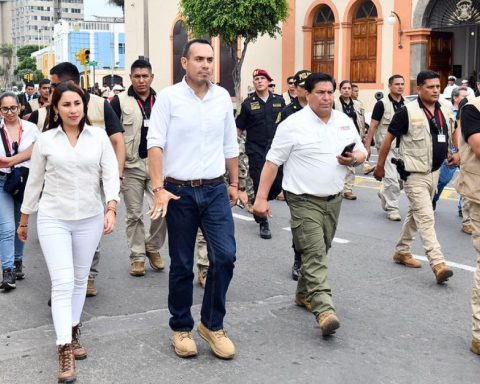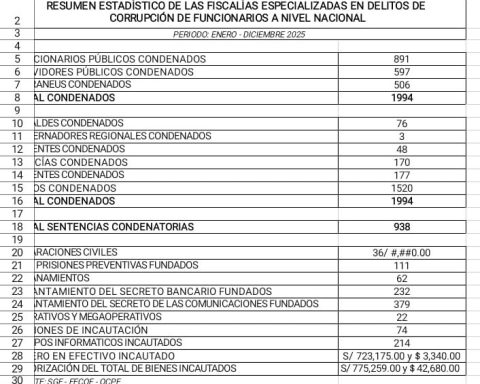The Senate plenary approved this Wednesday (25) the Provisional Measure (MP) 1095, which provides for the end of incentives for the petrochemical industry. The conversion bill (PLV) resulting from the MP changes tax incentives for the chemical and petrochemical industry under the Special Regime for the Chemical Industry (Reiq). The text returns for analysis by the Chamber, after changes made by the senators.
The PLV defines conditions for calculating the amount to be collected for PIS and Cofins by petrochemical plants and chemical industries, and for terminating the Reiq as of January 1, 2028. The MP expires on July 1.
According to the rapporteur, Eduardo Braga (MDB-AM), the PLV improves the sector’s tax regime by providing for the requirement to sign a term of commitment with the realization of counterparts to the fruition of the regime and the implementation of a monitoring, control and evaluation mechanism. benefit impact.
The extension of the special regime for another three years, until December 31, 2027, is justified to allow time for these counterparts to take effect and to allow an adequate assessment of the impacts of the special regime.
The rapporteur included, among other amendments, a device that seeks to make viable investments in increasing the productive capacity of the chemical industries that benefit from the regime, including the fertilizer industries. “The amendment we proposed contributes to making investments in fertilizer plants feasible, such as the conclusion of the Três Lagoas (MS) plant and the implementation of two new plants in Uberaba (MG) and Linhares (ES), partially mitigating the risk to agribusiness. coming from external factors”, said Braga.
The PLV establishes rates of 1.26% and 5.8% for taxable events occurring from January to March and from October to December 2022; and 1.65% and 7.6% for those occurring from April to September. While the regulation is not edited, the credits of the contributions will be calculated at the rates of 1.65% and 7.6%, respectively, in relation to the contribution to PIS/Pasep and to Cofins in the non-cumulative regime.
Petrochemical plants and chemical industries that determine credits may deduct, between January 2024 and December 2027, additional credits calculated by applying the rate of 0.5% for the contribution to PIS/Pasep and the contribution to PIS/ Pasep-Import; and 1% for Cofins and Cofins-Import on the basis for calculating the respective contribution, through a commitment to invest in expanding the installed capacity.
* With information from the Senate Agency
















